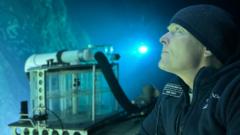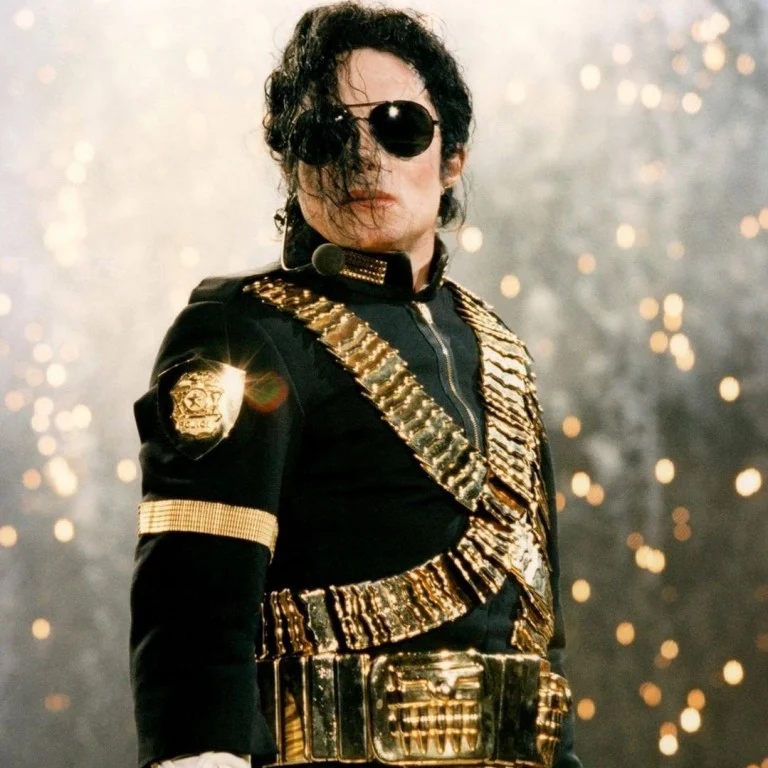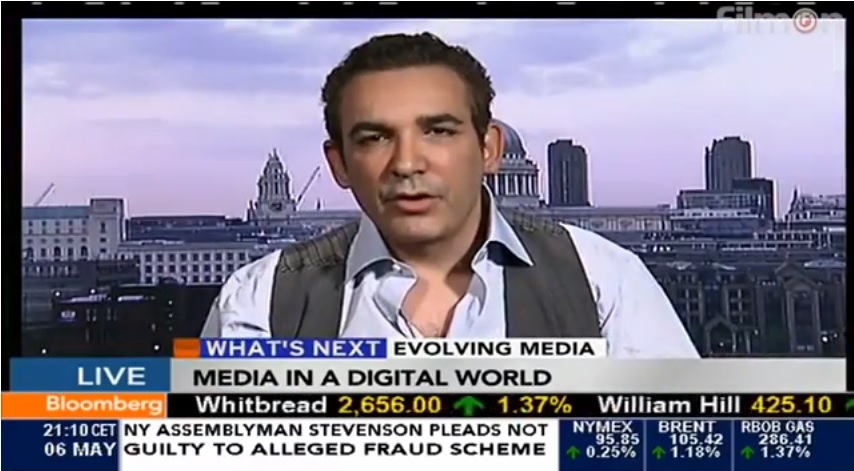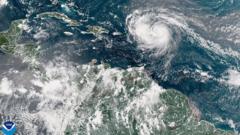Lochridge's journey with Oceangate began with enthusiasm as he relocated from Scotland to the U.S. for the groundbreaking submersible venture. However, his optimism quickly waned as safety issues began to surface. The decision to use experimental carbon fiber for Titan's hull—untried at such depths—raised red flags for Lochridge, who emphasized the need for independent safety certification. After numerous issues were identified during the build, including misaligned components and inadequate design for deep-sea pressure, he felt compelled to confront the leadership, only to be swiftly dismissed.
After his termination, Lochridge contacted the Occupational Safety and Health Administration (OSHA), expressing his urgent safety concerns. Unfortunately, he claims that OSHA's slow response and failure to act contributed to the lack of oversight, which ultimately led to the tragic accident. A report by the U.S. Coast Guard corroborated Lochridge's assertions, stating that their investigation found several lapses in safety protocols that could have been addressed earlier if proper communication had been utilized.
Despite facing legal challenges from Oceangate and the immense pressure from ongoing litigation, Lochridge maintained that the tragedy "didn’t need to happen," and he urged for more substantial safety regulations in marine operations. With Oceangate now having paused its operations in light of the incident, Lochridge's brave whistleblowing shines a light on the crucial need for stringent oversight in potentially dangerous industries.
Lochridge's story serves as a heartbreaking reminder of the human cost when safety is compromised, urging all stakeholders—from corporations to regulatory agencies—to prioritize safety in their pursuits of innovation and adventure.
After his termination, Lochridge contacted the Occupational Safety and Health Administration (OSHA), expressing his urgent safety concerns. Unfortunately, he claims that OSHA's slow response and failure to act contributed to the lack of oversight, which ultimately led to the tragic accident. A report by the U.S. Coast Guard corroborated Lochridge's assertions, stating that their investigation found several lapses in safety protocols that could have been addressed earlier if proper communication had been utilized.
Despite facing legal challenges from Oceangate and the immense pressure from ongoing litigation, Lochridge maintained that the tragedy "didn’t need to happen," and he urged for more substantial safety regulations in marine operations. With Oceangate now having paused its operations in light of the incident, Lochridge's brave whistleblowing shines a light on the crucial need for stringent oversight in potentially dangerous industries.
Lochridge's story serves as a heartbreaking reminder of the human cost when safety is compromised, urging all stakeholders—from corporations to regulatory agencies—to prioritize safety in their pursuits of innovation and adventure.




















